Toyota New Zealand says it is making some big changes to how it manages the end of life for hybrid and electrical vehicles, as it aims to be carbon neutral by 2050.
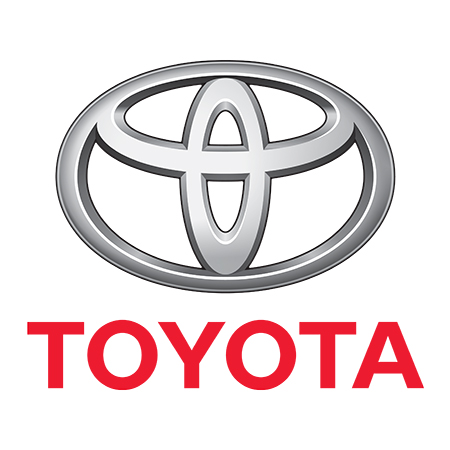

Toyota New Zealand says it is making some big changes to how it manages the end of life for hybrid and electrical vehicles, as it aims to be carbon neutral by 2050.
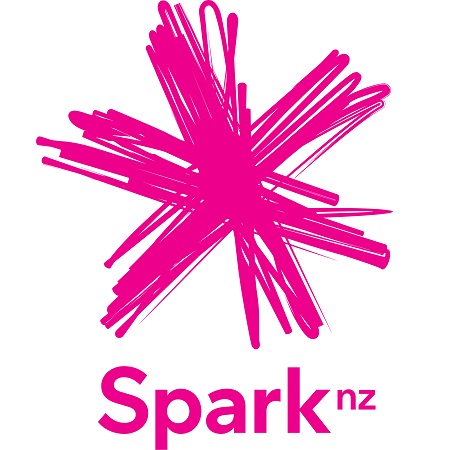
Results from a Nelson City Council and Spark New Zealand joint trial of a ‘smart’ solar-compacting bin in Nelson’s city centre, shows that collection frequency is reduced by more than 50 per cent.
The trial bin, on loan to Nelson City Council from Bigbelly bins, is equipped with a small solar-powered compactor. A sensor inside the bin activates the compactor, which crushes the rubbish, allowing the bin to hold up to five times more than a standard New Zealand rubbish bin.
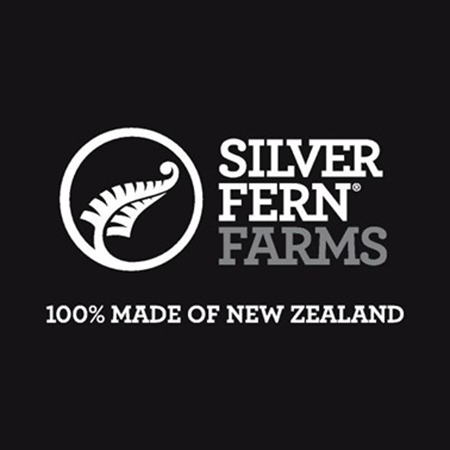
The red meat industry can regenerate both their land and the relationship they have with their consumers, meat industry experts say.
Speaking at a recent webinar about regenerating the meat industry, Simon Limmer, chief executive of Silver Fern Farms, said the agriculture industry needed to adapt to survive in an environment where consumers have changed the way they approach meat.
Meat was not the centre of the plate any more, with conscious consumers thinking of both the health benefit and the environmental impact of the products they consumed, Limmer said.
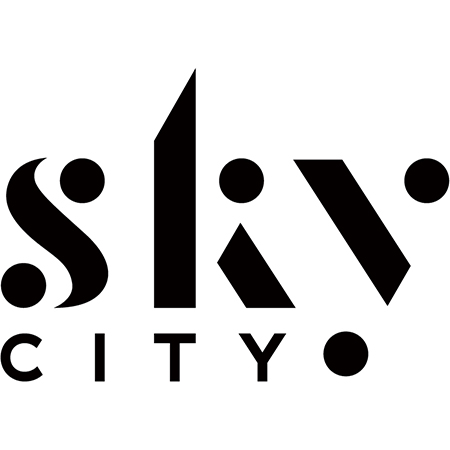
This Saturday, the Sky Tower lights will be switched off in support of Earth Hour, the global initiative shining its own light on climate change.
The tower will ‘go dark’, with the lights going off from 8.30pm to 9.30pm to raise awareness for the need to grow sustainably as businesses, individuals, and a nation.
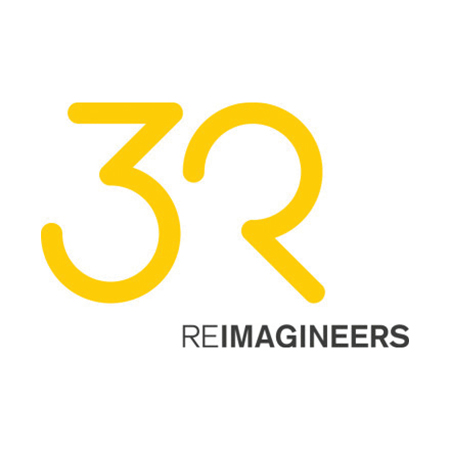
Hawke’s Bay is one of the country’s biggest food producers, which also means we are one of the biggest creators of food production waste.
But an exciting new project is set to tackle this.
The recently launched initiative – Sustainable is Attainable Hawke’s Bay – is working to change trash into treasure, not only keeping waste from landfill but developing high-value by-products. With around 30 local businesses already committed to the project, it’s off to a strong start.

Fonterra has been busy researching the answer to the dairy industry’s million-dollar question; how can we stop cows from burping?
The co-op’s research and development (R&D) centre has been looking at natural ways to inhibit cows from producing methane and has come up with something they’re calling Kowbucha.
The aim of Kowbucha is to create new fermentations that switch off the bugs that make methane in cows.
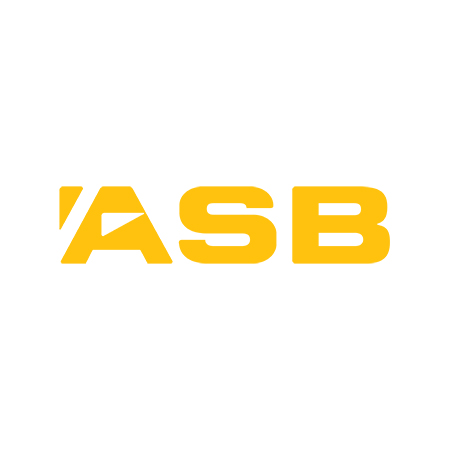
Kiwi businesses that don’t know the level of greenhouse gas emissions they produce are being advised to start “doing the numbers” to work out their footprint.
ASB’s Head of Corporate Responsibility Miranda James says for most small businesses the main source of emissions is likely to be their fuel, gas and electricity bills.
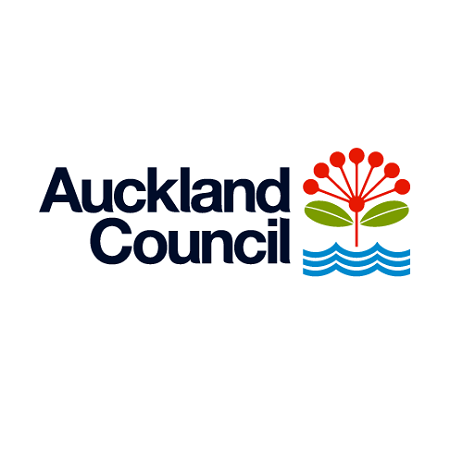
As part of its ongoing commitment to sustainable finance initiatives, Auckland Council has converted an existing $200 million standby facility into its first sustainability linked loan.
The council has also executed a sustainability linked derivative for $120 million, making it the first council in New Zealand to do so.
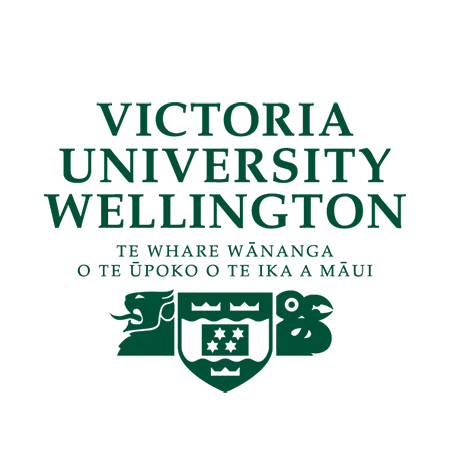
Events such as floods, droughts, and storms cause a lot of damage to societies and economies, but can we quantify the role of climate change in the impact of these events?
“The climate crisis is changing the frequency of these events, and they are becoming more intense and more damaging to the economy,” says Professor Ilan Noy, Chair in the Economics of Disasters and Climate Change at Te Herenga Waka—Victoria University of Wellington’s Wellington School of Business and Government.

Electrifying changes are afoot for its sustainability strategy
Businesses around New Zealand are embracing change, adapting and evolving to new challenges and demands — one of the most pressing being the issue of sustainability. For a company with a long and storied history, rather than rest on its legacy (or, perhaps, because of it) NZ Post’s vision is firmly in the future — with its commitment to shifting to electric vehicles propelling its sustainability strategy forward.
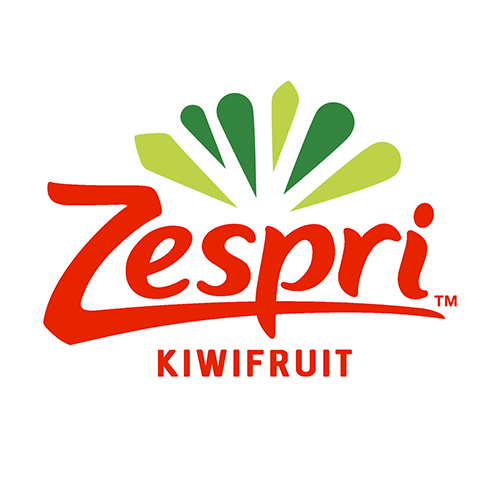
Zespri is seeking expressions of interest from growers and
post-harvest for a SunGold Kiwifruit Carbon-Zero trial that
will start June 2022 and run for two full seasons
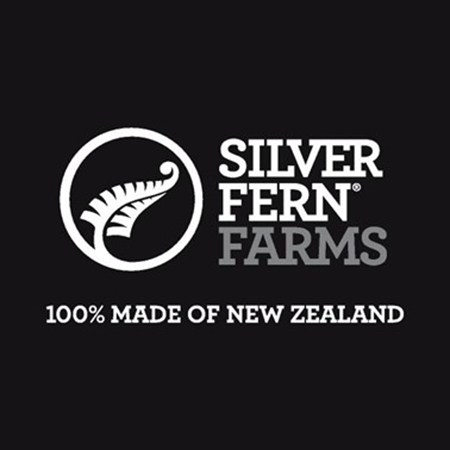
New Zealand-grown beef, with a net carbon zero footprint, goes on sale in US stores this month, the culmination of a two-year pilot to prove contributing farms sequester more carbon than they emit.
From Monday, consumers of selected New York and Los Angeles supermarkets will be able to buy Silver Fern Farms (SFF) branded net carbon zero Angus ribeye, New York strip steaks, ground beef and other cuts, for which farmers will receive a premium.